The Progression of Google Search: From Keywords to AI-Powered Answers
Dating back to its 1998 unveiling, Google Search has converted from a unsophisticated keyword recognizer into a versatile, AI-driven answer engine. In its infancy, Google’s success was PageRank, which evaluated pages depending on the grade and measure of inbound links. This propelled the web away from keyword stuffing to content that achieved trust and citations.
As the internet expanded and mobile devices escalated, search habits altered. Google presented universal search to merge results (coverage, icons, visual content) and then underscored mobile-first indexing to display how people really browse. Voice queries via Google Now and later Google Assistant pushed the system to decode chatty, context-rich questions instead of terse keyword groups.
The future advance was machine learning. With RankBrain, Google commenced translating up until then fresh queries and user mission. BERT furthered this by recognizing the intricacy of natural language—function words, meaning, and ties between words—so results more successfully answered what people had in mind, not just what they input. MUM enlarged understanding within languages and varieties, authorizing the engine to integrate similar ideas and media types in more intelligent ways.
Today, generative AI is transforming the results page. Implementations like AI Overviews compile information from various sources to generate succinct, relevant answers, usually accompanied by citations and forward-moving suggestions. This lessens the need to select several links to synthesize an understanding, while even then routing users to more thorough resources when they seek to explore.
For users, this improvement indicates hastened, more focused answers. For originators and businesses, it credits profundity, individuality, and coherence rather than shortcuts. Going forward, predict search to become further multimodal—easily unifying text, images, and video—and more bespoke, responding to tastes and tasks. The odyssey from keywords to AI-powered answers is at bottom about reimagining search from sourcing pages to performing work.
